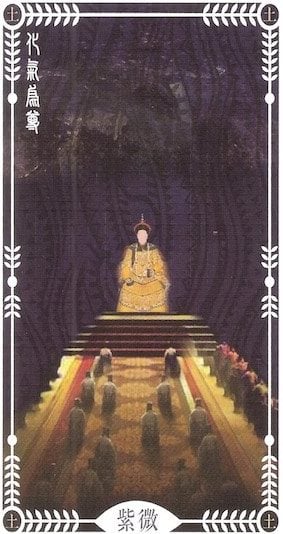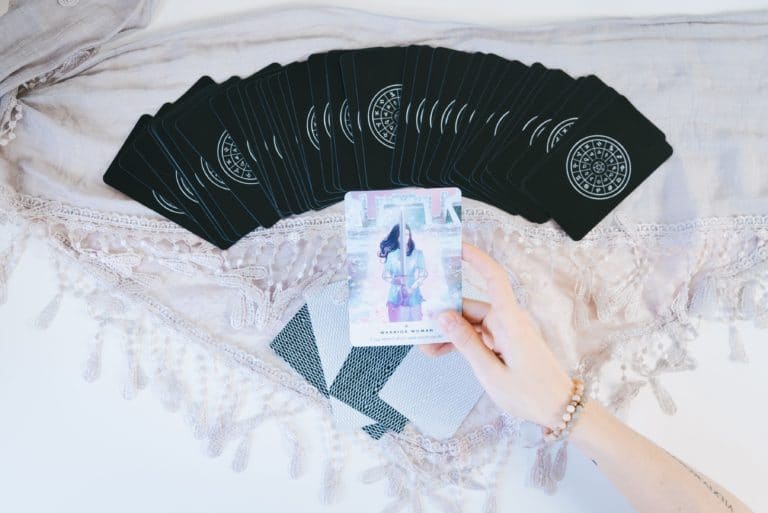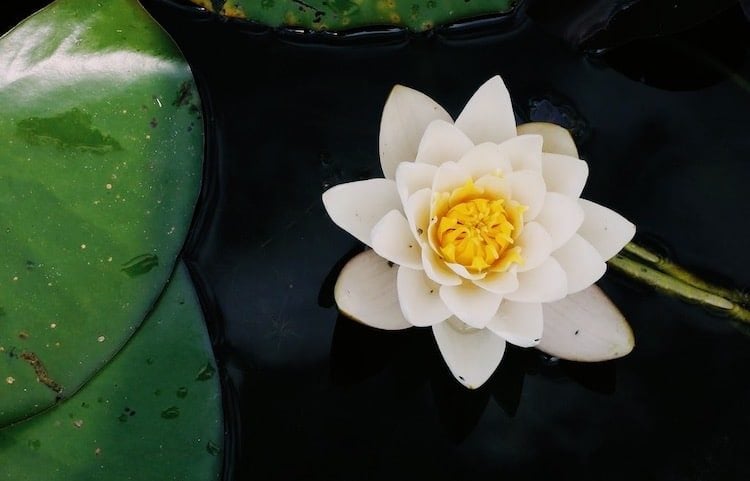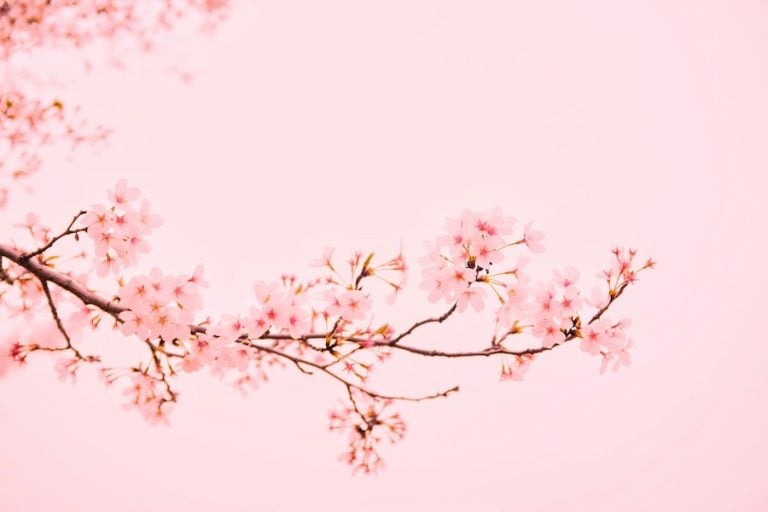The Emperor (Zi Wei) – A Natural Born Leader

Five Elements:
yin earth
Vital Qi:
noble
Chinese Name:
zi wei 紫微
Strength:
mature, leadership, charismatic, stylish, courteous. kind-hearted
Weakness:
superficial, gullible, suspicious, thin-skinned, close-minded, aloof
Also Known as:
ruler of career
ZiWei, translated as “purple rose multiflora”, is referred to as the North Star in ancient China. Being the most prominent and the brightest star in the sky, together with the noble color “purple”, ZiWei is also regarded as The Emperor star in Imperial Astrology.
In Zi Wei Dou Shu, the Emperor Star (Zi Wei) reigns supreme as the “North Star” of Imperial Astrology. Known as the Purple Star, it symbolizes power, prestige, and leadership. In ancient China, purple represented nobility, and Zi Wei was regarded as the Emperor Star—a celestial embodiment of authority and ambition. But is being The Emperor as desirable as it seems?
The Emperor (Zi Wei): A High Throne, A Lonely Crown
Many newcomers to Zi Wei Dou Shu might assume that the Emperor Star is a symbol of ultimate success. However, the reality is far more complex. Much like a real emperor or a modern-day CEO, this star carries the weight of immense responsibility, and life can often feel isolating at the top.
The Emperor’s achievements don’t stem from innate intelligence or talent alone. Instead, success hinges on the presence of a strong support system—a metaphorical Cabinet of auxiliary stars. Without these allies, The Emperor risks becoming a figurehead: powerful in title but powerless in reality.
Key Characteristics of The Emperor (Zi Wei)
The Emperor Star isn’t inherently “good” or “bad.” It embodies a ruler’s aspirations, strengths, and flaws. Here are some defining traits:
Ambition and Vision: The Emperor seeks greatness and craves recognition. He dreams of leaving an indelible mark on history.
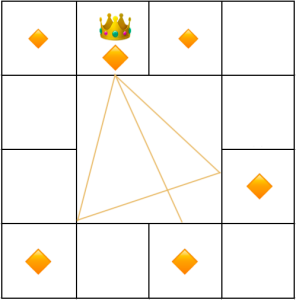
Dependence on Allies: Like a ruler needing capable ministers, The Emperor Star relies on auxiliary stars – Benefactor (Tian Kui), Benefactress (Tian Yue), Left Assistant (Zuo Fu), and Right Assistant (You Bi), as well as the Prime Minister star (Tian Xiang) and the Duke star (Tian Fu) to achieve stability and success.
Vanity and Vulnerability: While noble, The Emperor can also be vain and susceptible to flattery. Without proper guidance, he risks making poor decisions under the influence of ominous stars.
Whether The Emperor thrives or struggles depends largely on the positioning and support of auxiliary stars in the natal chart. For optimal results, these supporting stars should reside in the primary palace, trine palaces, or directly opposite The Emperor’s placement.
The Emperor (Zi Wei) Across the Twelve Palaces
1. Self Palace
The Emperor in the Self Palace grants a natural air of nobility and leadership. Individuals with this placement often exhibit grace, refinement, and a commanding presence.
- Women tend to be poised, elegant, and visually resemble women from high social standing.
- Men may develop a round face, a beer belly, or experience balding later in life, but overall possess well-proportioned features and a dignified demeanor.
2. Siblings Palace
With the Emperor here, siblings may seem noble or well-connected, sometimes reflecting a mother with social standing or resources. However, the Emperor alone doesn’t guarantee capability; true strength relies on auxiliary stars, and the native may feel comparatively weaker. This palace also reveals how one views same-gender siblings. The native may admire them but expect respect in return. Without Enrichment transformation (Hua Lu) or Abundance star (Lu Cun), this reflects a common rule: “if they are exalted, you are humbled.”
3. Relationship Palace
The Emperor in the Spouse Palace reflects a desire for noble treatment in love and a partner with social status. However, those with status may struggle to offer respect in return. This can create tension—while the native dreams of a glamorous romance, the reality depends heavily on the star(s) in the opposite palace.
4. Children Palace
Many assume having the Emperor star here means raising a noble child, but it actually reflects how much the parent values the child—sometimes to the point of overindulgence. While the love is deep, it may come with unrealistic expectations or poor modeling. The child’s growth depends on whether the trine stars offer sufficient support, and the opposite palace reveals what the parent truly hopes for.
5. Wealth Palace
The Emperor in the Wealth Palace indicates a dignified approach to money. These individuals care about how their wealth reflects their identity. They tend to favor luxury brands, grand spending, and a financially elevated lifestyle—not necessarily due to abundant wealth, but due to a desire for recognition and quality.
6. Health Palace
This placement suggests generally stable health, but the Emperor’s yin-earth quality points to a tendency for digestive or indulgence-related issues such as diabetes in later life. Physically, it mirrors the refined features often seen when it is in the Self Palace.
7. Travel Palace
With the Emperor in the Travel Palace, one projects an air of dignity and seeks to affirm their noble worth through high-status environments. Depending on star pairings and the opposite palace, this drive may serve to validate their core identity.
8. Friends Palace
The Emperor here reveals a preference for forming friendships with high-status or influential people. Social respect is a core value, and the native often seeks recognition or admiration in these circles. Loyalty and hierarchy may define how relationships are managed.
9. Career Palace
The Emperor thrives in this palace. It denotes ambition, leadership, and a desire for public recognition. These individuals are drawn to authoritative roles in well-established institutions. Yet, pride and self-reliance may make them hesitant to seek help, leading to frustration or burnout if unsupported.
10. Property Palace
This placement often indicates a strong preference for luxurious, prestigious living environments. The individual may come from a well-off family or aspire to own high-end real estate, such as elegant city apartments or homes in exclusive districts.
11. Karma Palace
The Emperor in the Karma Palace represents a regal inner world. These individuals are spiritually and aesthetically inclined, finding joy in meaningful experiences, personal distinction, and refined pleasures. Leisure and entertainment often reflect their desire for sophistication and individual expression.
12. Parents Palace
This placement often points to a refined or respected father figure, with outward features resembling the Self Palace. The Parents Palace also reflects one’s relationship with the father— Enrichment (Hua Lu) transformation suggests kindness, Empowerment (Hua Quan) implies control, Fame (Hua Ke) brings admiration, and Hindrance (Hua Ji) may indicate inherited health issues or unmet emotional needs. The interpretation should also consider the opposite palace and trine stars.
A Leadership Legacy or a Fragile Throne?
Ultimately, the Emperor Star’s journey is a tale of leadership, ambition, and the importance of collaboration. Its placement in your Zi Wei Dou Shu chart offers deep insights into your personality, relationships, and potential for success.
But remember—no emperor stands alone. The strength of your auxiliary stars can determine whether you become a celebrated leader or a ruler burdened by the weight of expectations. Understanding these dynamics can empower you to navigate life’s challenges with wisdom and grace.
Embrace your Emperor Star, refine your strategies, and surround yourself with the right allies. With balance and foresight, you can reign supreme in your own destiny.
Does your Emperor Star hold the key to your leadership potential? Share your experiences or questions in the comments below and explore the fascinating world of Zi Wei Dou Shu!
Subscribe to Newsletter
I share insights on Zi Wei Dou Shu, reflections on life, and practical guidance to help you navigate your journey.—subscribe and stay inspired!
Unlock the Secret of Destiny
Follow me on Facebook for fortune insights, life coaching, and wisdom from Zi Wei Dou Shu!
